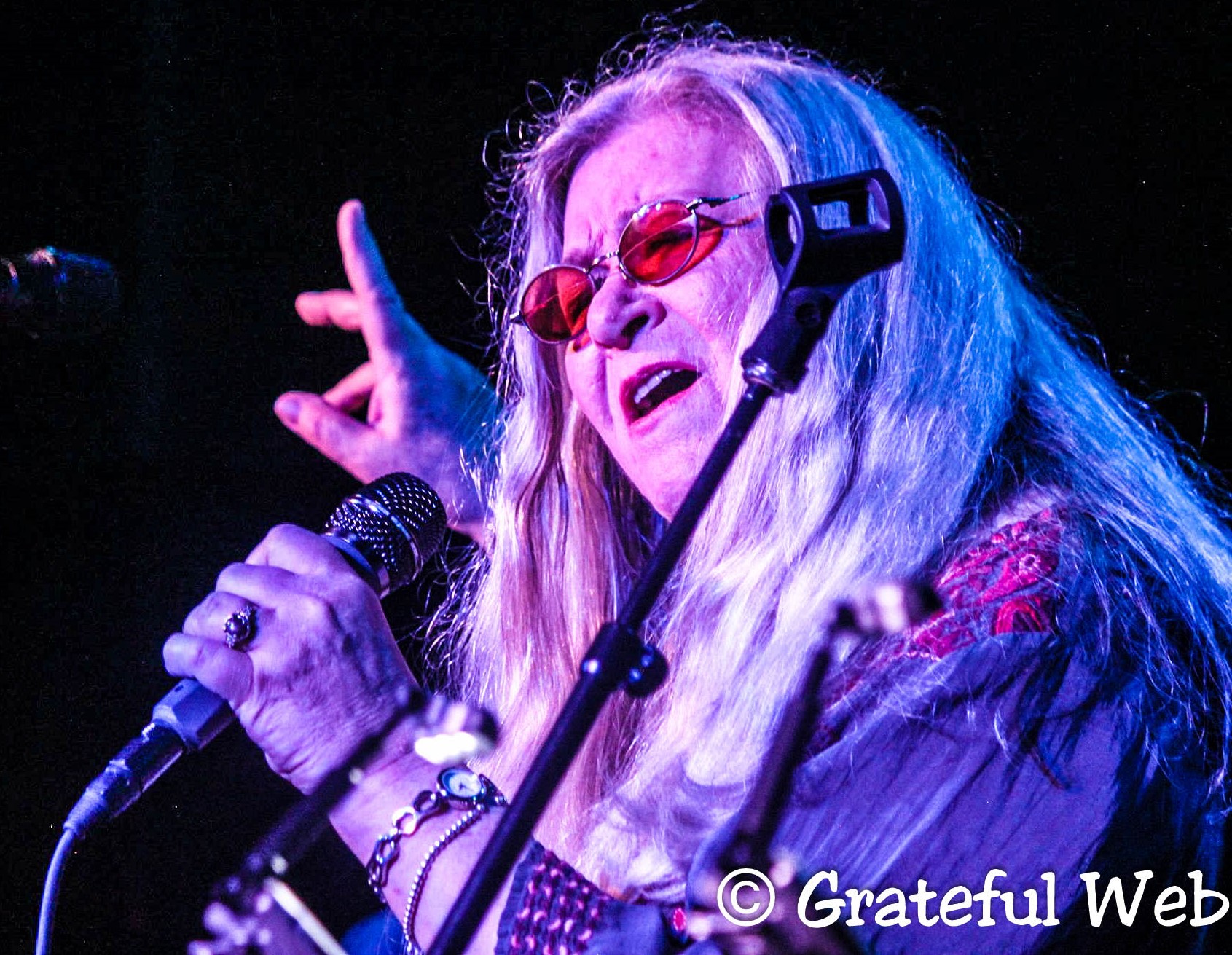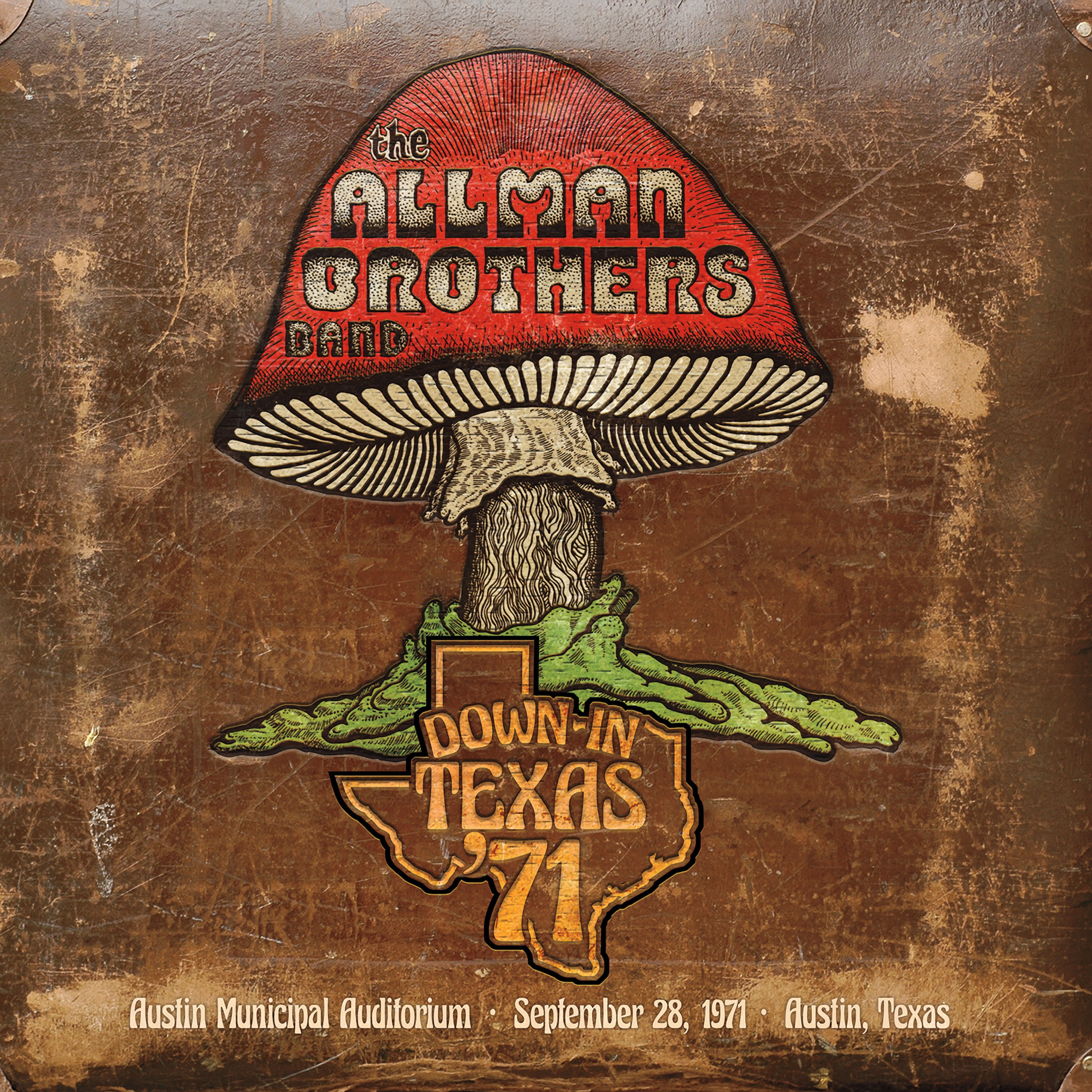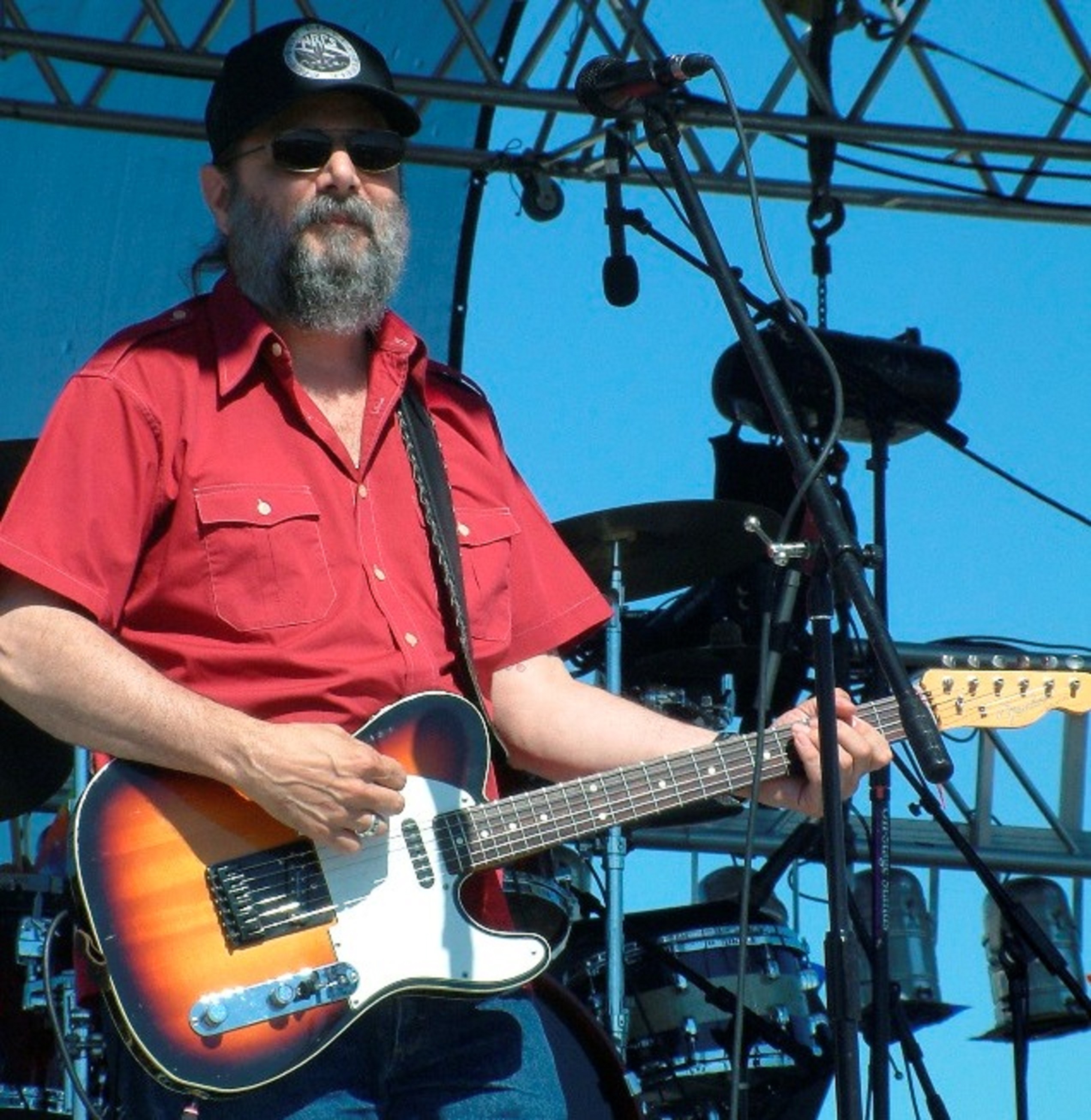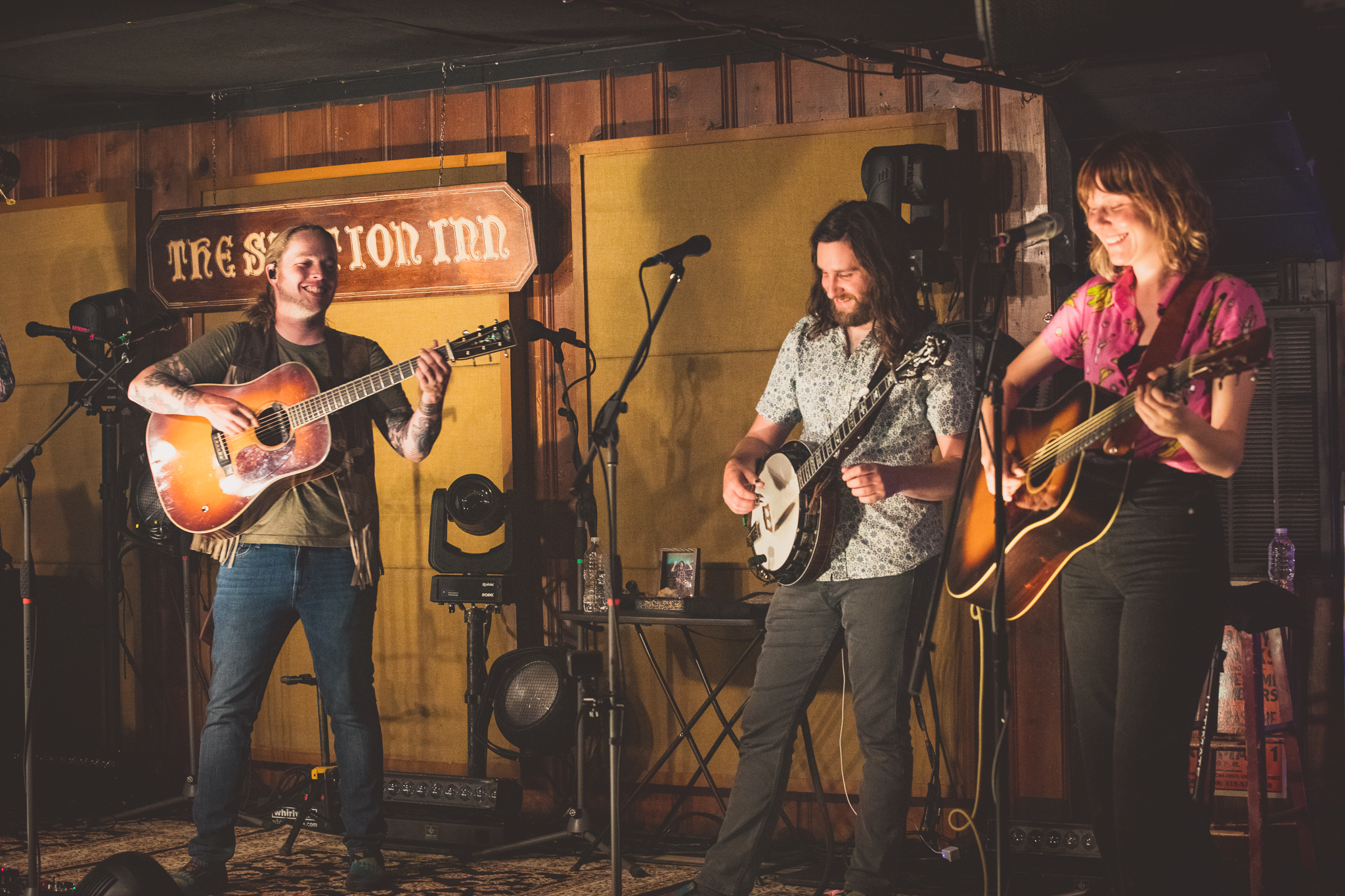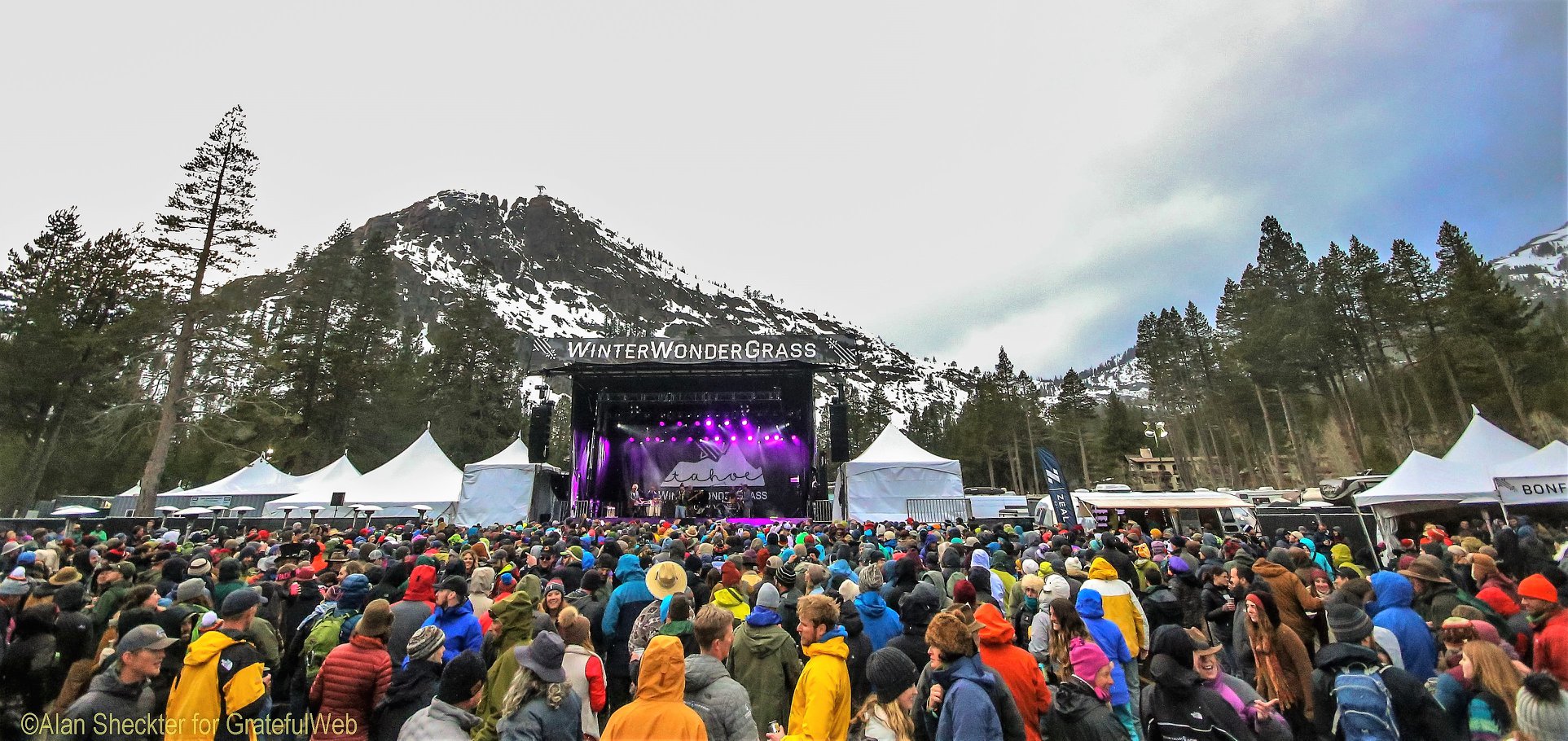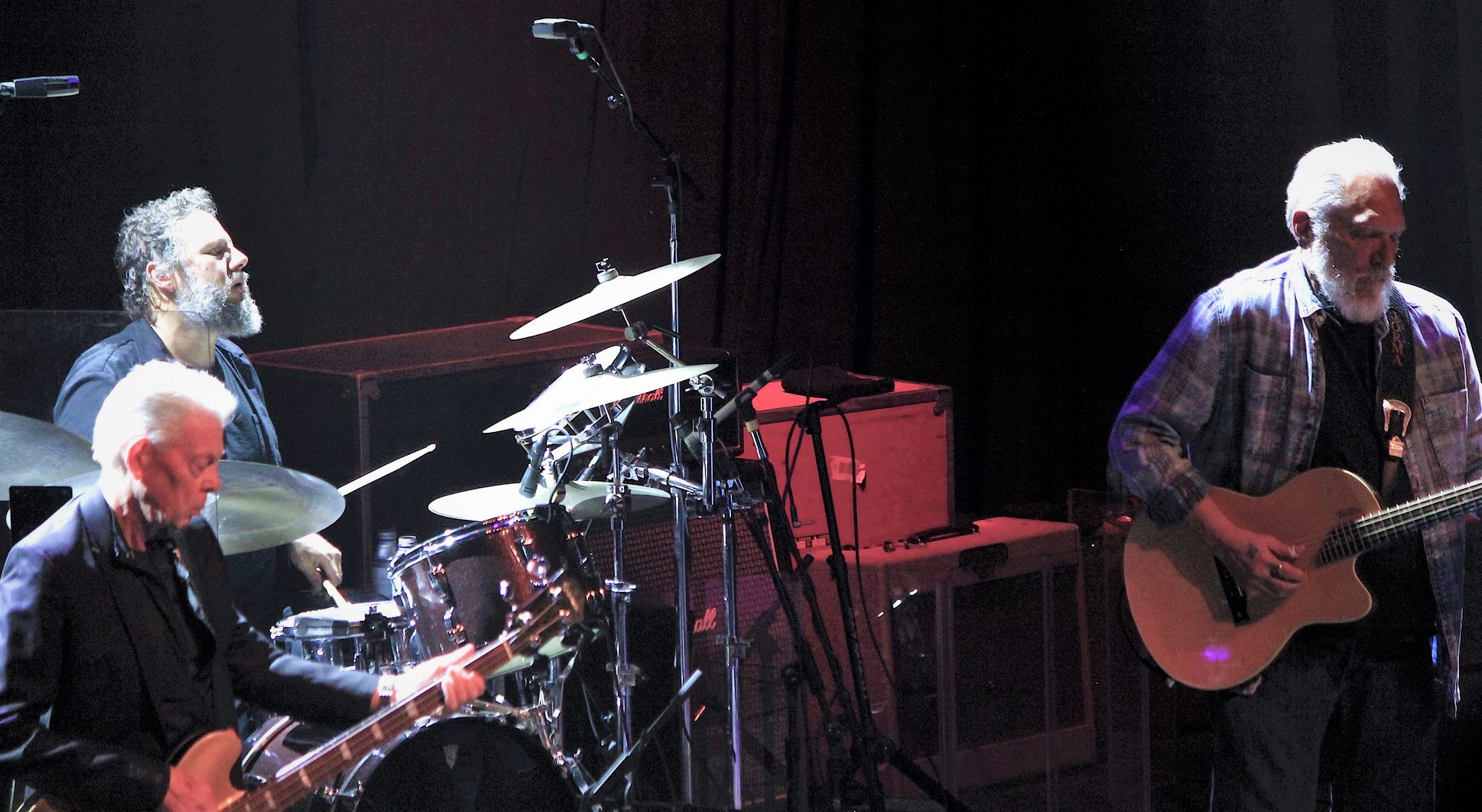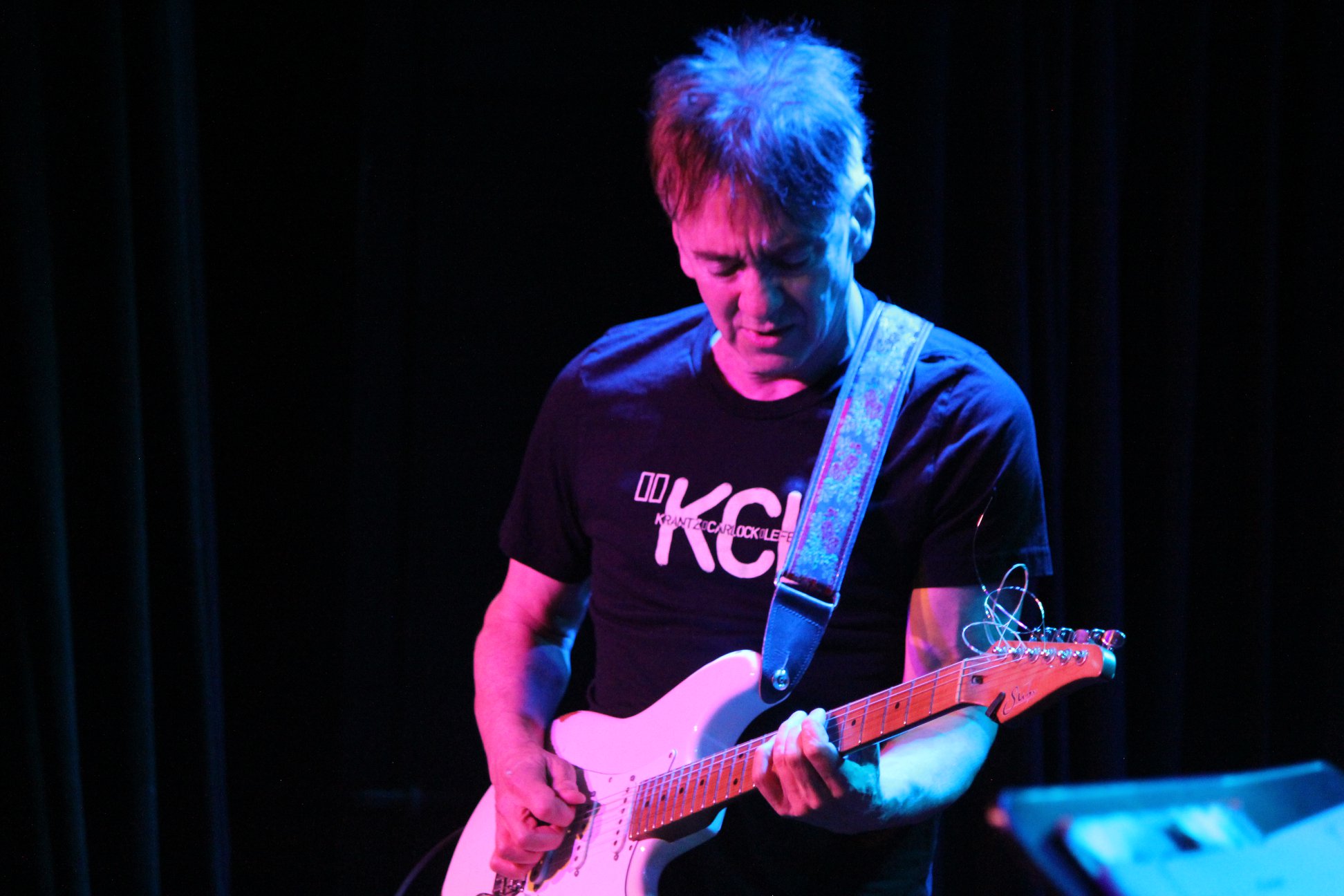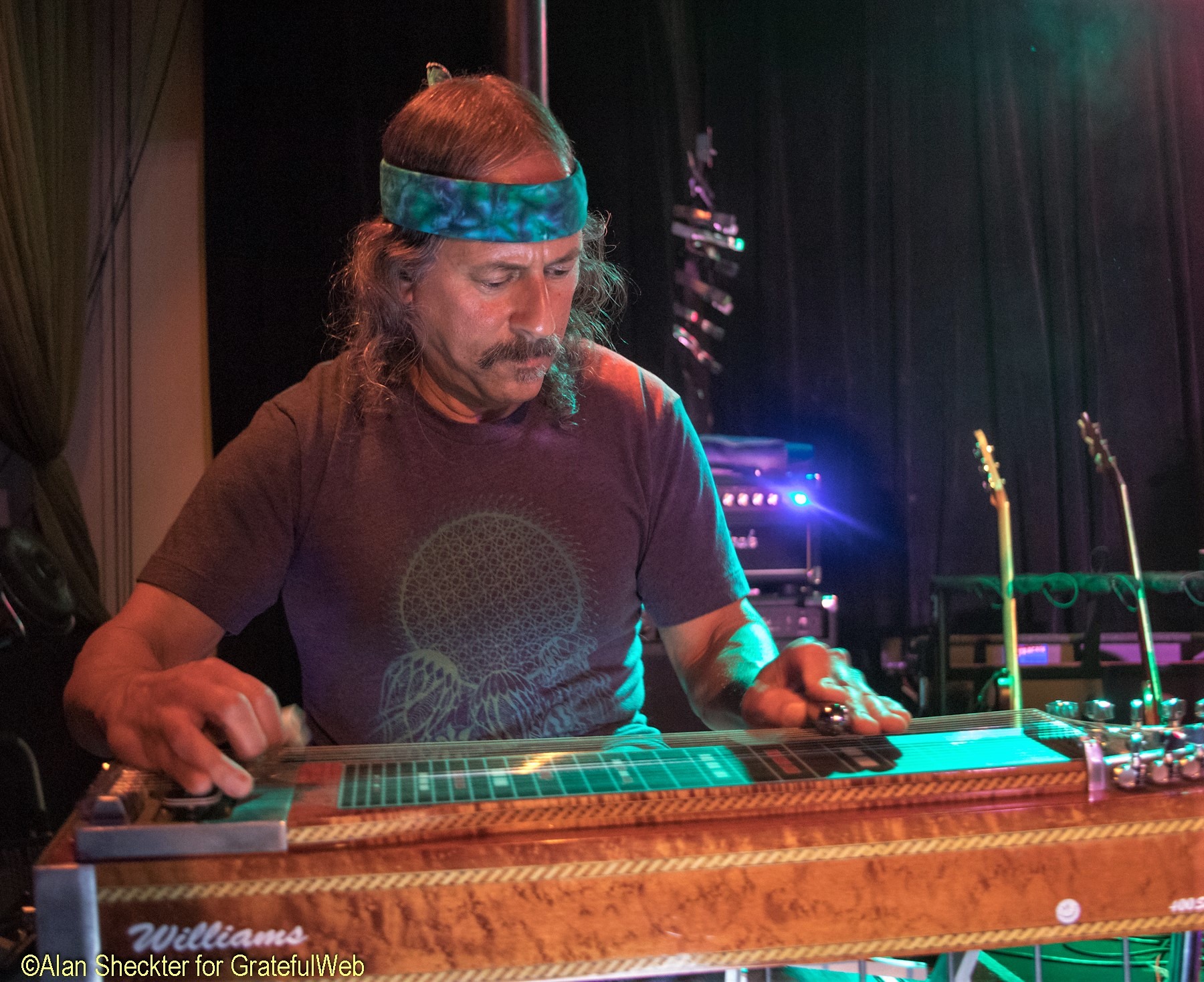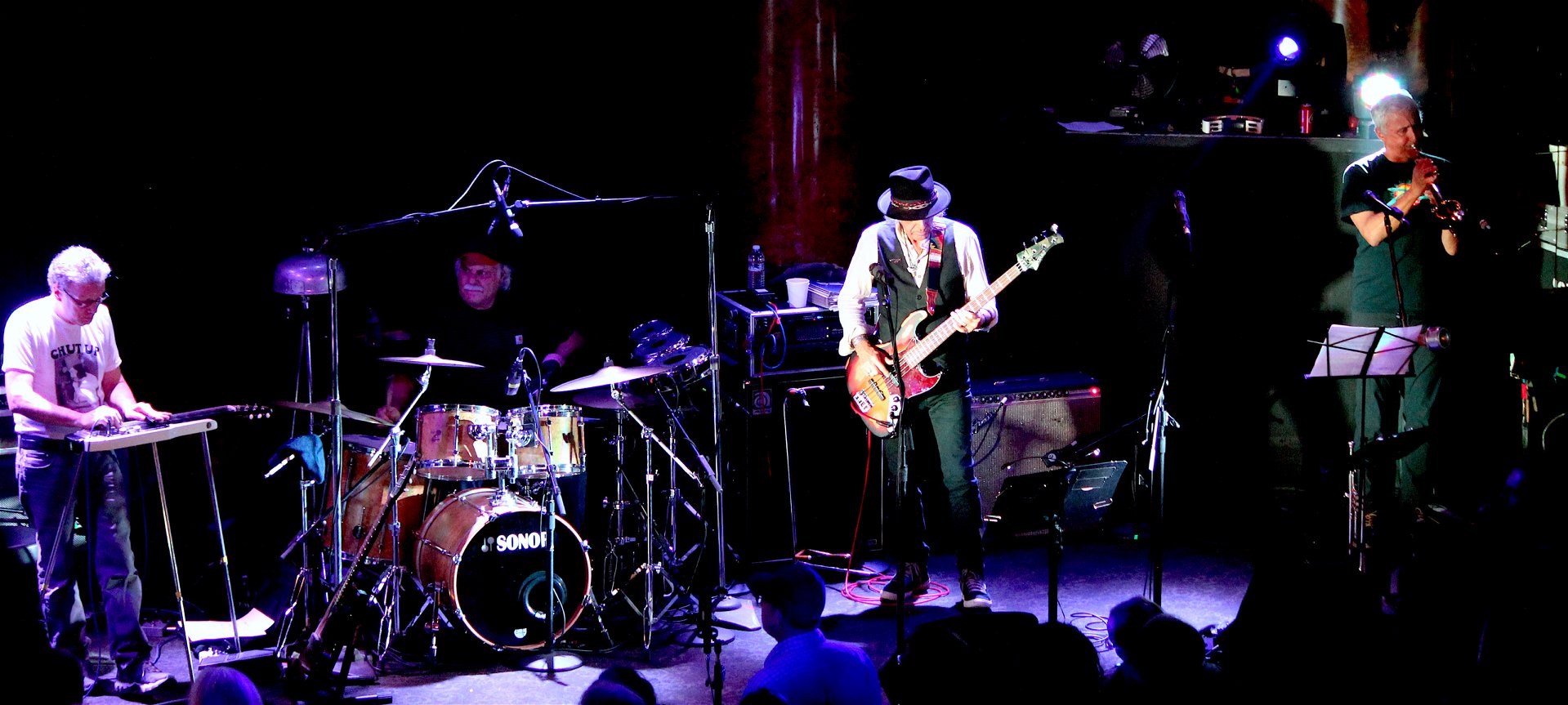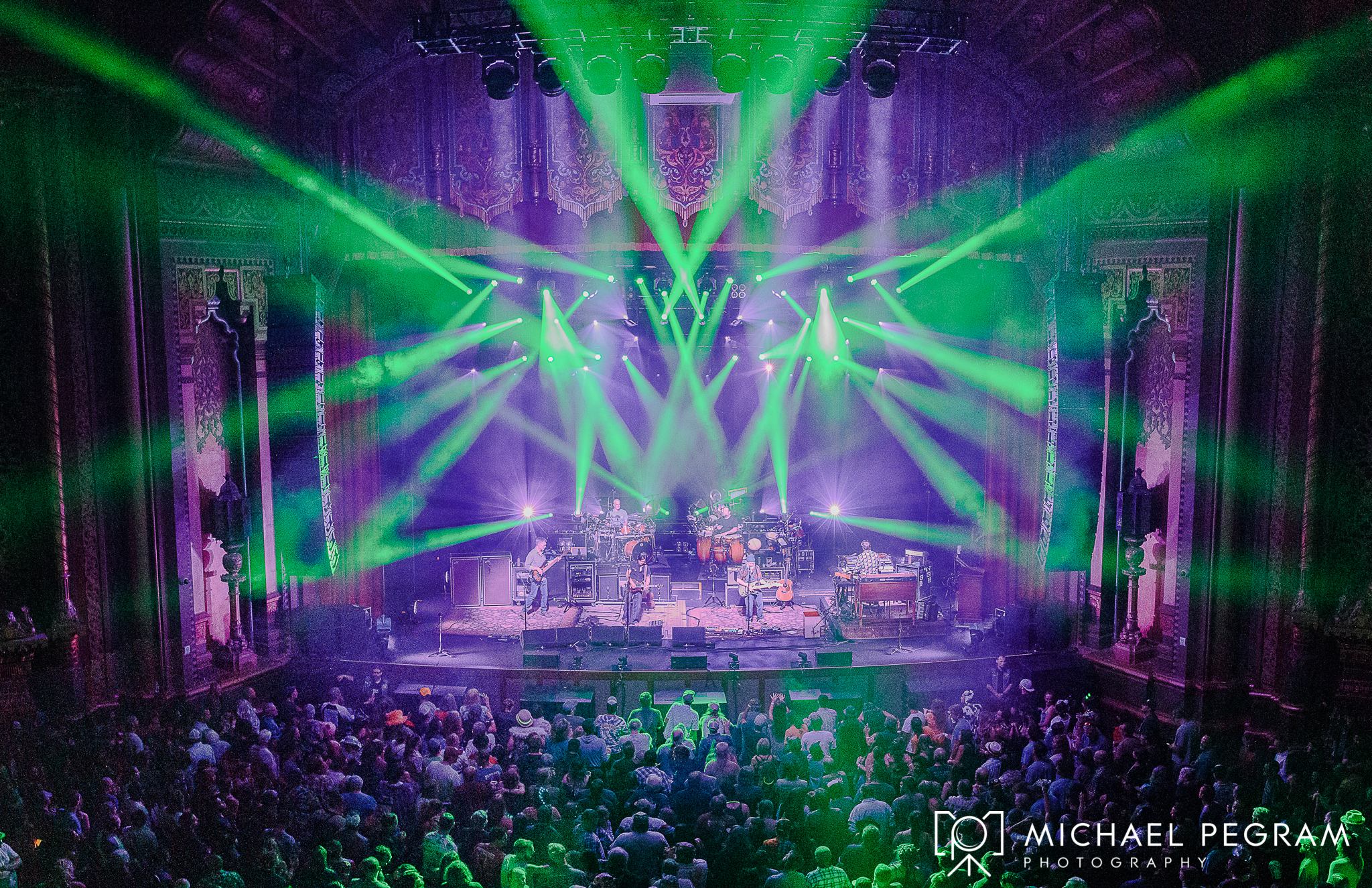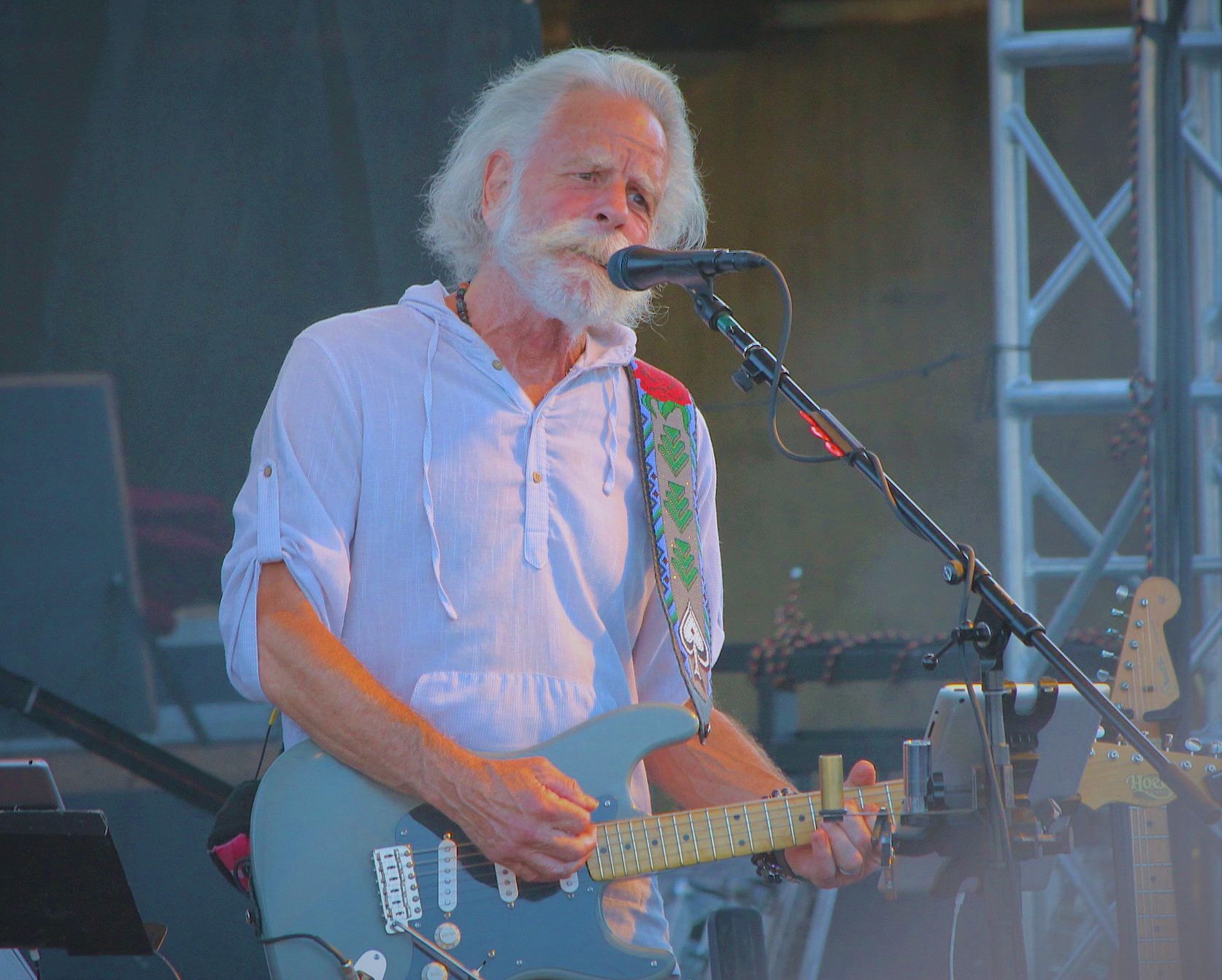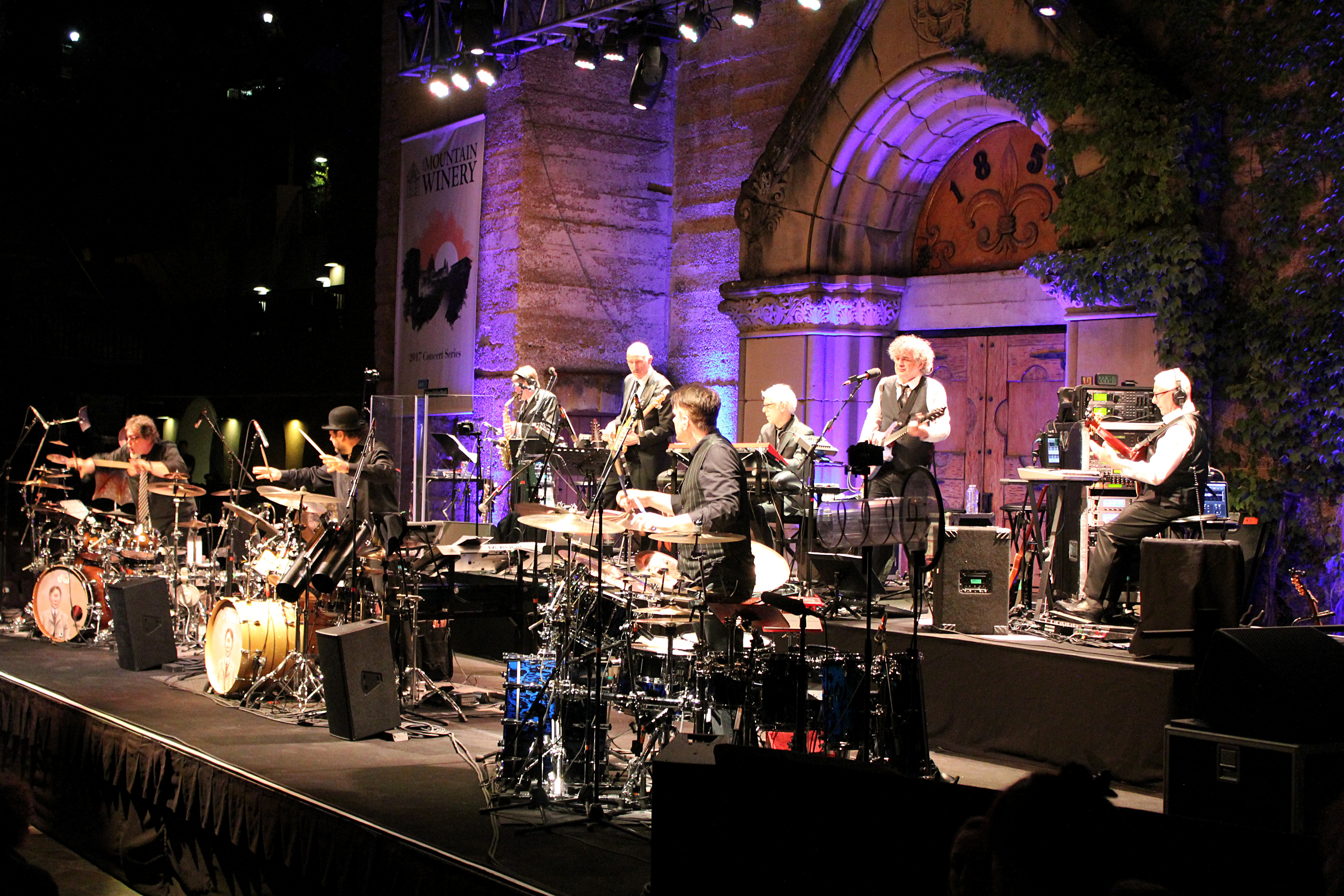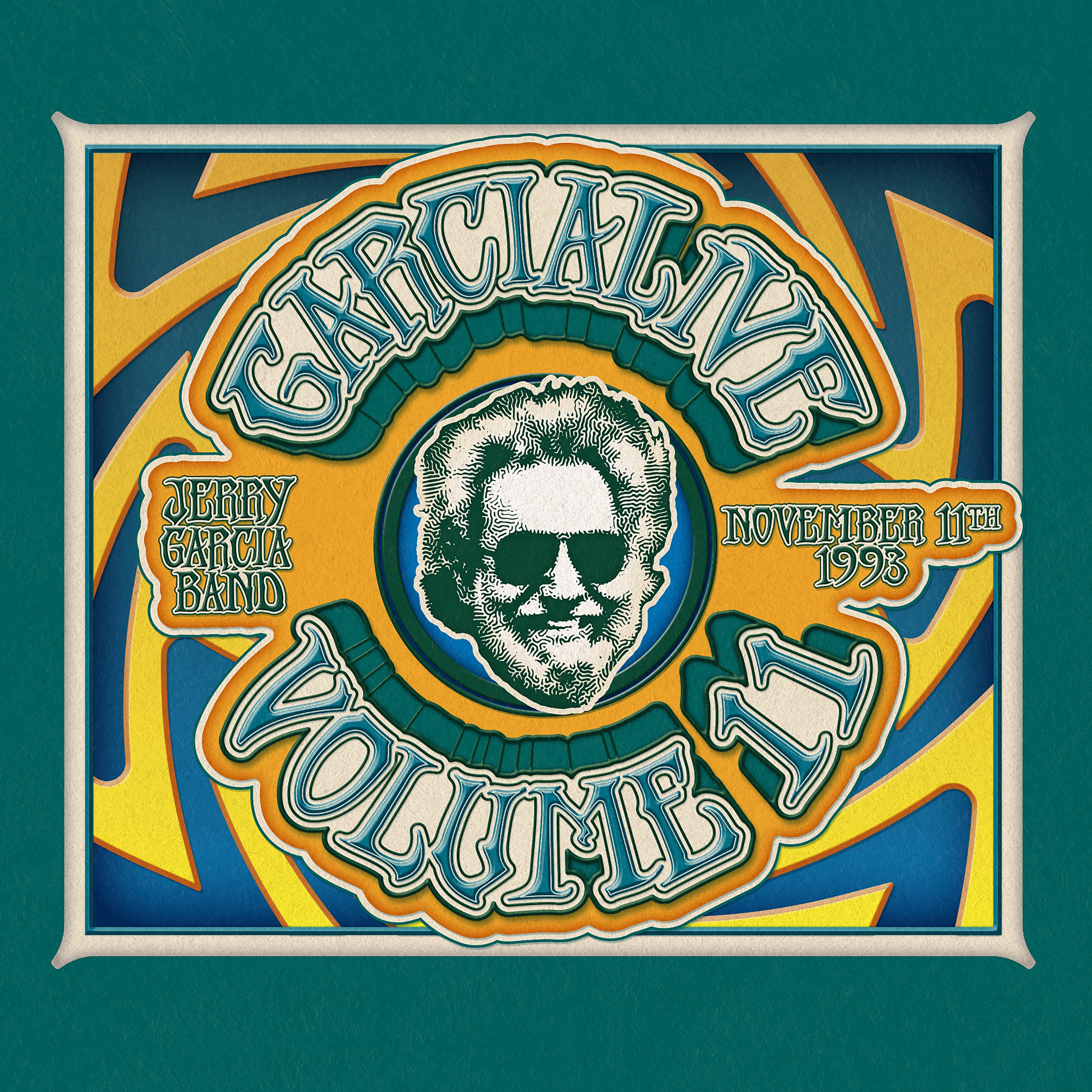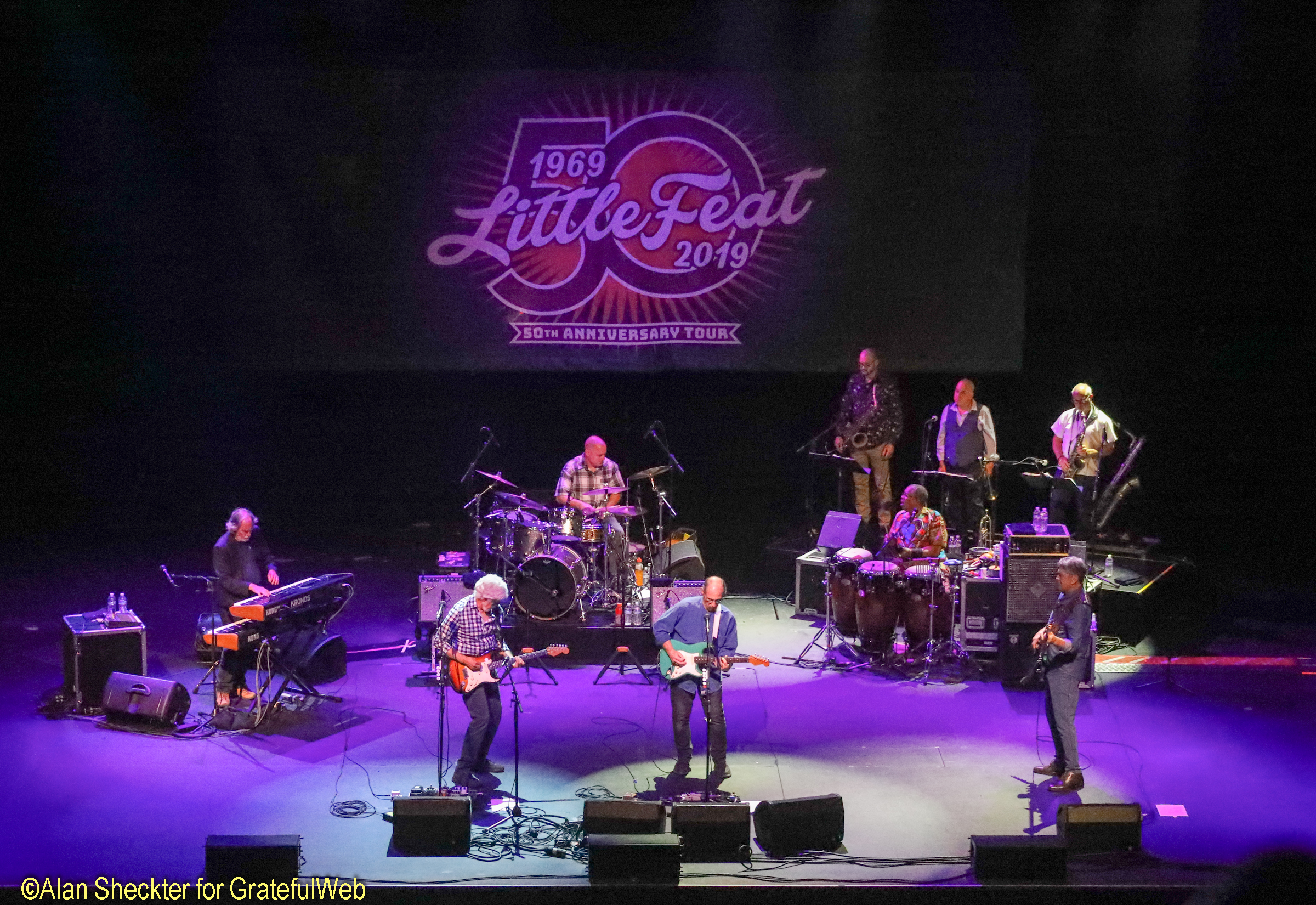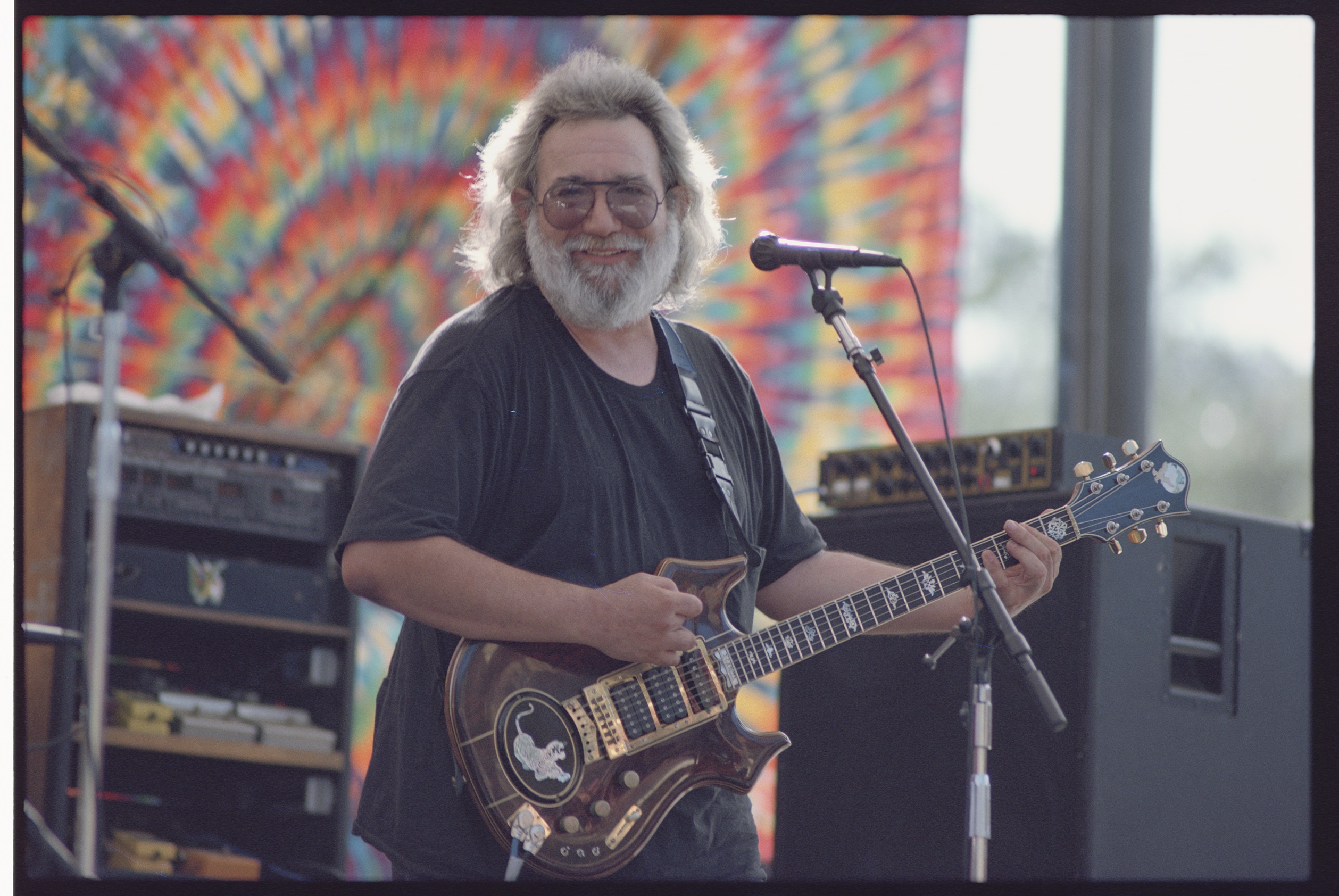Prodigious progressive jazz guitarist Julian Lage at age thirty has been playing professionally for the majority of his life. In recent years, collaborations with other innovative virtuosic players such as Nels Cline, Chris Thile, and Chris Eldrige, have broadened his adoring listener base. Julian was gracious enough to catch up with Grateful Web’s Dylan Muhlberg in the midst of an already bustling year of gigs with dozens more across the globe to come.
GW: It’s a pleasure to catch up with you. In the midst of an ever-busy schedule, you released a dazzling trio recording in Modern Lore back in February.
Before we dive into the new record, might I ask, what are you listening to these days in your own headphones?

JL: Wow. Honestly, I’m not listening to as much as I had in the past.
GW: Probably to the sound of your own soundchecks and instruments tuning-
JL: (Laughs) Yeah that’s probably true. Actually, earlier in the week, I was listening to a Charlie Haden, Paul Motion, and Geri Allen recording called The Montréal Tapes. Great great record. I was also recently listening to Randy Newman’s first record which is one of my favorites ever. When I was younger, I remember being a little more constant and consistent in listening to music and lately I haven’t been as inclined. And I’m okay with that.
GW: You’re one of the busiest collaborators and bandleaders in jazz and progressive instrumental music. Your affinity towards evolving your musical voice keeps each recording dissimilar.
For your latest record, Modern Lore, you brought back a trio that accompanied you on your first electric recording as bandleader. Bassist Scott Colley and drummer Kenny Wollesen complement you on a journey across infinite soundscapes and moods.

What brought you back into the studio with this trio so soon? What has changed since Arclight?
JL: I confess that the idea of bringing them back into the studio was premeditated before the first record. Up until Arclight, every record was a different collaboration, just like you mentioned. It was great to have a band that could produce more than one product, just to make it less of a one-off endeavor. My dream was to have this follow up in Modern Lore. As far as what changed between them, I think the biggest thing was when Arclight was recorded we hadn’t yet played much as a trio, and that was part of the excitement at the time. We had done a handful of gigs, but it wasn’t like a touring act. After that, we played a lot. I think Modern Lore was a product of having toured a lot together and having gotten to know each other more.
It became very pragmatic stuff. We knew where we wanted to feature each other. It’s evolution but definitely by necessity. It’s like researching. We learned a lot about each other between those two recordings, and I think it shows in the music. God willing we’ll be able to do something else moving forward.

GW: Beautiful. Throughout your career, you’ve had such a diverse spectrum of collaborators. From Chris Thile, Chris Eldrige, to Nels Cline or Steve Kimock. How has playing outside of a particular genre impacted your musical voice? Is it even something your conscious of?
JL: That’s a great question. I’d be remiss if I said there weren’t many elements to this, it’s not a simple answer. I think the premise is you want to work with musicians who you trust and what they bring to the table is totally out of the scope of style. You have to think of it more on the level of people and what their creative output is rather than style or genre. It would be troublesome to try to file all of the band’s great qualities into styles.
However, with Modern Lore and the conception of tunes, I think they have enough restrict to them that they seem of a style or of a concept. So rather than saying, I’m going to do a record that’s like this, you say I’m going to do a record that doesn’t have this. Like, I’m not going to put pressure on us to have a solo here. When you create these parameters, they do a couple of things. First, they can focus on the writing and concept. Two, it allows for a style to emerge from that.

In witnessing a lot of my favorite musicians who you just mentioned, a lot of what’s so wonderful about them emerges, it’s not as if they shove it down your throat. Like, I’m the Avant-Garde guy, or I’m that Jamband guy. There’s a lot of things they don’t do and by default, your left with what they do. That’s my view on understanding style and output. It’s kind of out of my control. There are limitations I impose, and then there’s limitations that are already there. Another example is the producer of Modern Lore, Jesse Harris, is great at this. For both records, he produced we started with a lot of songs and narrowed it down. The ones that didn’t make the record were the ones that didn’t point toward the right direction. If we had three songs that were maybe more Avant-Garde and three songs that are more like tunes, he’d suggest for this record we had a collection of tunes, and maybe the more out-there stuff was for another record. It kind of organically weeds itself out.
GW: That makes sense. A festival crowd is going to likely respond differently than a crowd inside of an intimate jazz club. Do these differing crowds change the nature of your performances? Do you select certain tunes for certain settings or is that not something you concern yourself with?
JL: That’s an interesting question. I tend to err on the side of doing what we’re going to do most authentically regardless of the venue. That’s not to say you don’t make adjustments to volume or general temperament. I’ve definitely gone down the path of thinking that I know what other people want and I always end up let down. For instance, if they’re standing then maybe I should play more high energy music, or vise-versa if it’s super intimate being too curbed or too restrained because you think it’s not appropriate to go crazy. Then you find in those situations the opposite can often serve you. Go crazy in those intimate rooms; it needs it.

I try not to meddle too much in the response of the audience and the situation because I don’t know for sure. I’m only interpreting what I think is right. I tend to lean on the music and knowing what we do strongest. Take it or leave it. That’s my approach. And there’s definitely virtue to the other ways. Like if you had this giant book of songs and kind of call it as they come. Currently, that’s not the direction I’ve pursued. It’s all good, and it all works. But any time I’ve assumed, I tend to be wrong in those situations [laughs].
GW: I don’t even think those options of “how to play, where,” really mater.
JL: It’s a rabbit hole. Again, interpretation is everything. I remember how my teacher David Gorman talked about when you’re assessing feedback you need to be clear about if you have different criteria than the person who’s offering the feedback. If you see someone smiling in the audience when you’re playing and start thinking, wow I must be playing great right now, they might just be on a date that’s going great. And meanwhile, you’re thinking, what was in that great guitar solo that lifted them up?! [Laughs] They’ve got different criteria. As soon as I understood that, I understood that I don’t know other people’s criteria. I’m better served to go a bit inward or directing that energy towards the band and making sure we’re connected.
GW: And that’s when you’re bringing authentically what you meant to which is all you could hope for.
JL: Exactly.

GW: I’m curious, is the trio from Modern Lore who you’ll be on the road with for your gargantuan schedule through the summer into fall?
JL: It changes. We’re in Colorado Springs tonight actually and playing with drummer Eric Doob and bassist Jorge Roeder, who is the touring band for this music at the moment. Live, it’s kind a different thing, which is cool because in jazz everyone is kind of a free agent and it’s not uncommon to have other people come and fill in. I personally really like that how it changes up. Sometimes it’s Kenny and Scott. Sometimes it’s other people too.
I feel so lucky to have what I have with all these gigs and wonderful players. I’m going to keep going and doing the best I can.
For information on Julian’s upcoming tour or to download Modern Lore, visit JulianLage.com.






